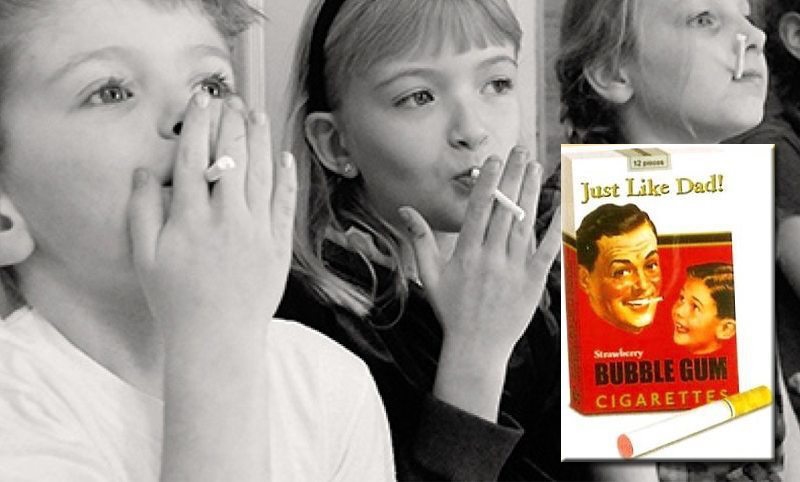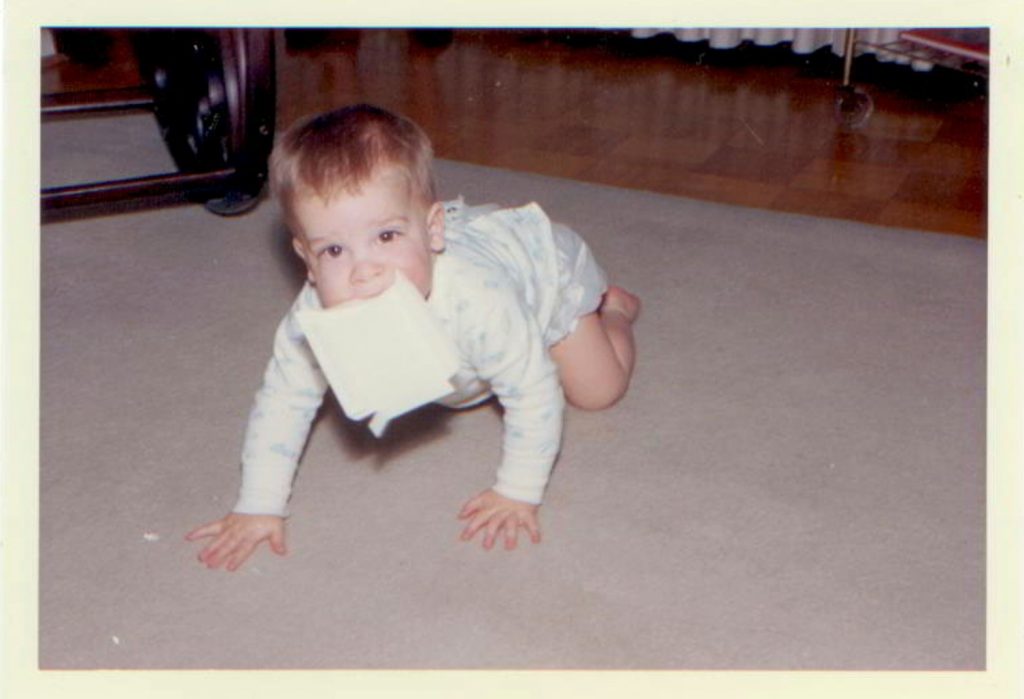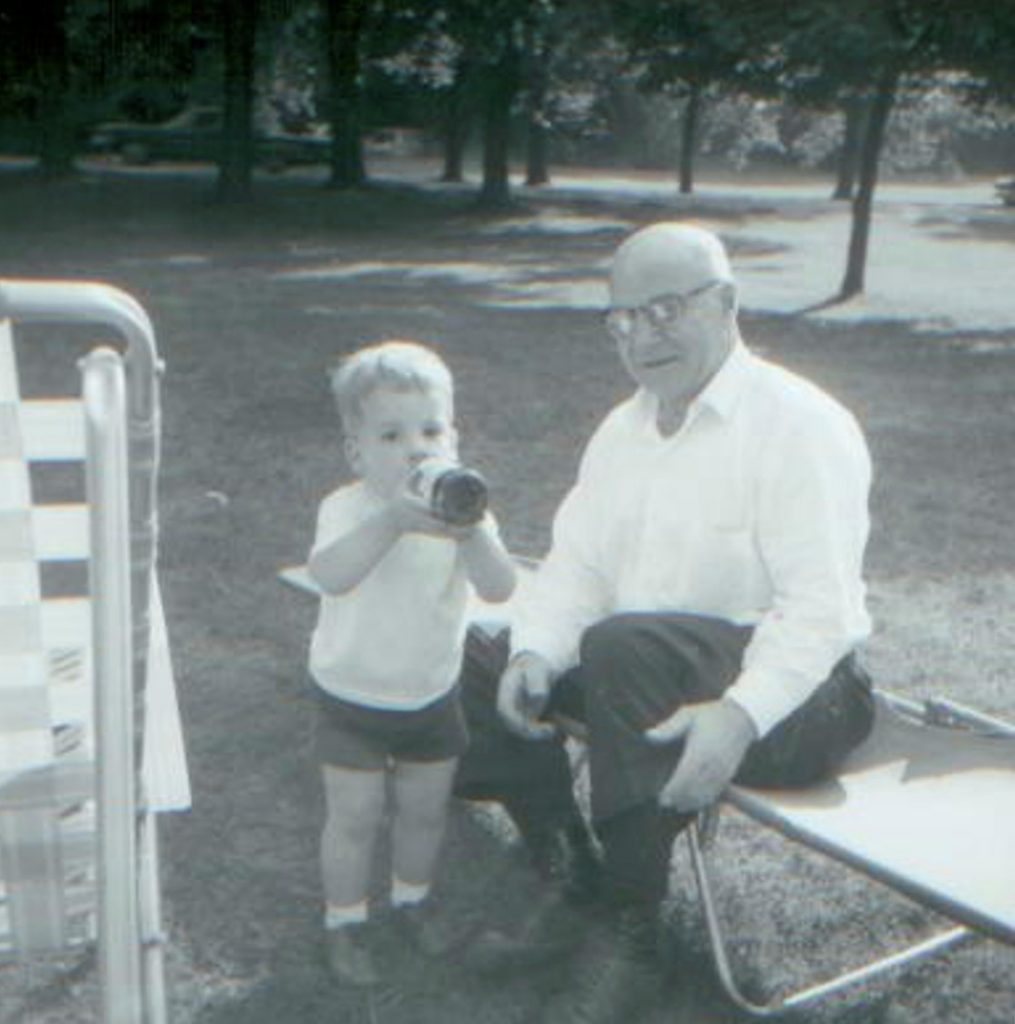The late, great Marx Toys, Part II
Marx Toys was arguably the greatest toy company of mid-century America. It created the coolest toys ever — our house was full of Marx Toys. They are remembered for inventing Rock’em Sock’em Robots (introduced in 1964) and its best-selling sporty Big Wheel tricycle, one of the most popular toys of the 1970s. In fact, the Big Wheel, which was introduced in 1969, is enshrined in the National Toy Hall of Fame.
Check out this cool reel of Marx toy ads — it’s a delicious slice of mid-century America:
What is super interesting when you watch this collection of ads is that there’s a common theme around “grown-upness.” It’s a great insight about kids — they all want to be grown-ups. And in a world where everything didn’t need to be “child-proof,” toy manufacturers could make grown-up-like guns, playsets, and other accouterments of the adult life.
It got me to thinking — where has the adultness gone in children’s lives? When I was growing up, we even had kid cigarettes:

Of course, cigarettes were definitely a different gig in the ’60s … here’s me as a baby ferrying cigarettes across the family room for my Dad:

If I was able to successfully get them across the room, I got a beer:

Those were the days!
But back to “grown-upness.” What are we doing to our kids these days by not giving them a chance to play at being a grown-up? It was #adulting in the Baby Boomer era. It was the essence of Mister Rogers philosophy, which was all about helping kids to grow up … which is obviously the objective of childhood.
I recently tweeted:
The world could use a little more Freddish … is it time for a “Freddish Institute?”: The nine rules of “Freddish”: the positive, inclusive empathic language of Mr Rogers https://t.co/V3OSeToGMh #Freddish #FreddishInstitute
— Grad Conn (@gradconn) July 9, 2019
Per the pamphlet, there were nine steps for translating into Freddish, which is the essence of understanding “grown-upness:”
- “State the idea you wish to express as clearly as possible, and in terms preschoolers can understand.” Example: It is dangerous to play in the street.
- “Rephrase in a positive manner,” as in It is good to play where it is safe.
- “Rephrase the idea, bearing in mind that preschoolers cannot yet make subtle distinctions and need to be redirected to authorities they trust.” As in, “Ask your parents where it is safe to play.”
- “Rephrase your idea to eliminate all elements that could be considered prescriptive, directive, or instructive.” In the example, that’d mean getting rid of “ask”: Your parents will tell you where it is safe to play.
- “Rephrase any element that suggests certainty.” That’d be “will”: Your parents can tell you where it is safe to play.
- “Rephrase your idea to eliminate any element that may not apply to all children.” Not all children know their parents, so: Your favorite grown-ups can tell you where it is safe to play.
- “Add a simple motivational idea that gives preschoolers a reason to follow your advice.” Perhaps: Your favorite grown-ups can tell you where it is safe to play. It is good to listen to them.
- “Rephrase your new statement, repeating the first step.” “Good” represents a value judgment, so: Your favorite grown-ups can tell you where it is safe to play. It is important to try to listen to them.
- “Rephrase your idea a final time, relating it to some phase of development a preschooler can understand.” Maybe: Your favorite grown-ups can tell you where it is safe to play. It is important to try to listen to them, and listening is an important part of growing.
Back to: The Late, Great Marx Toys, Part 1
